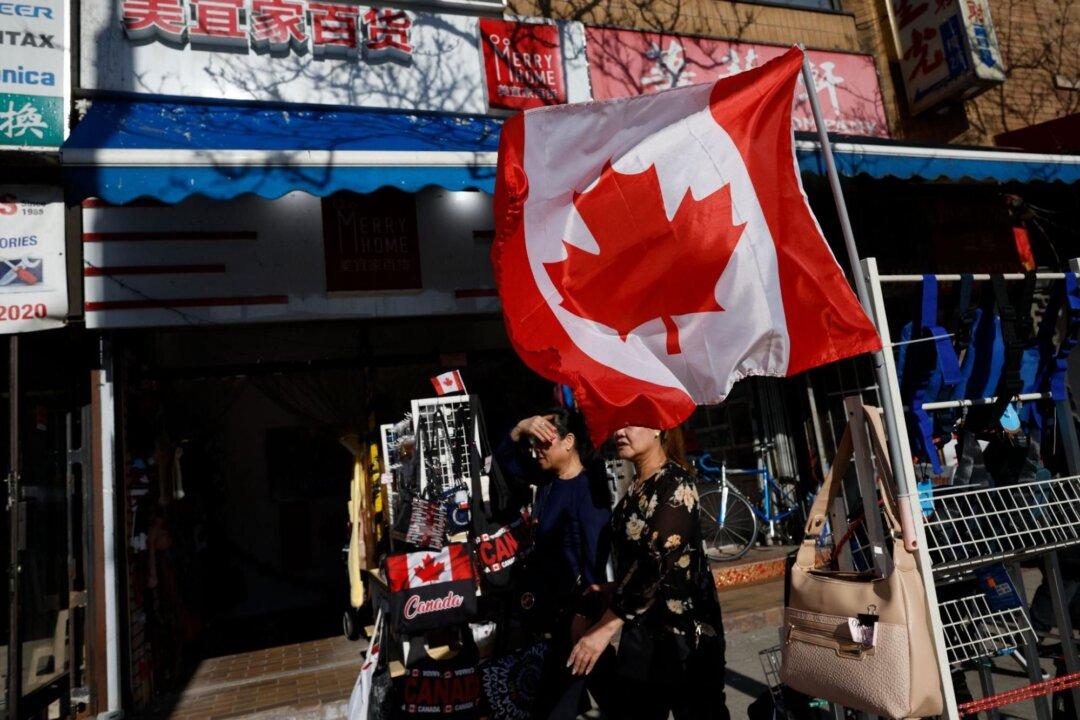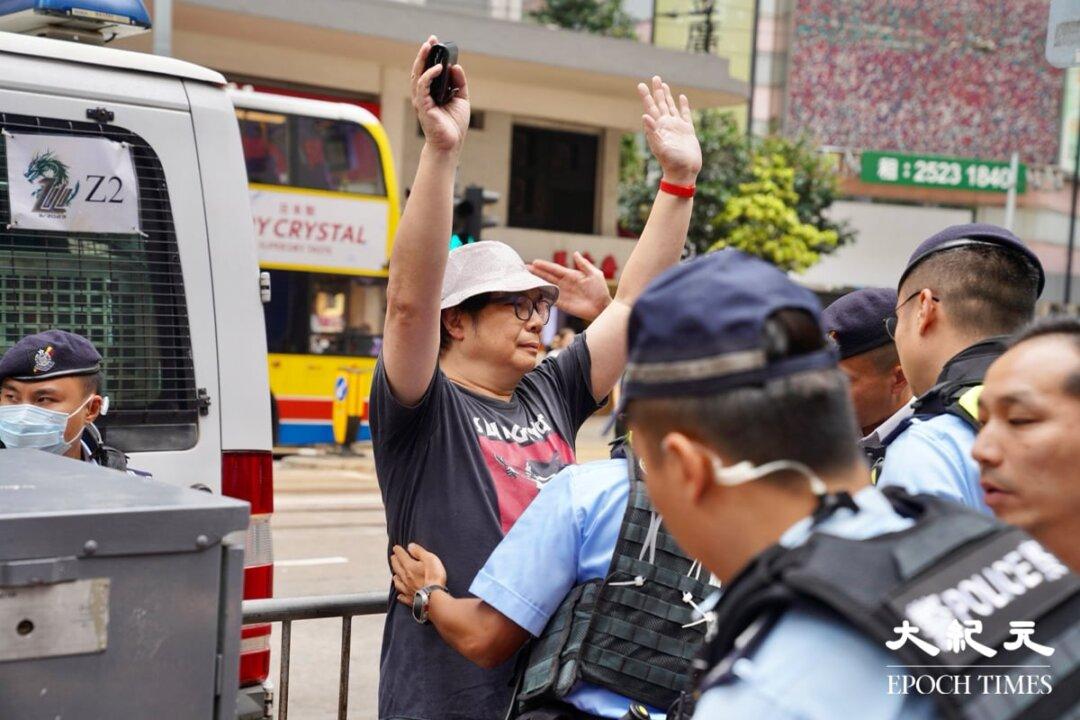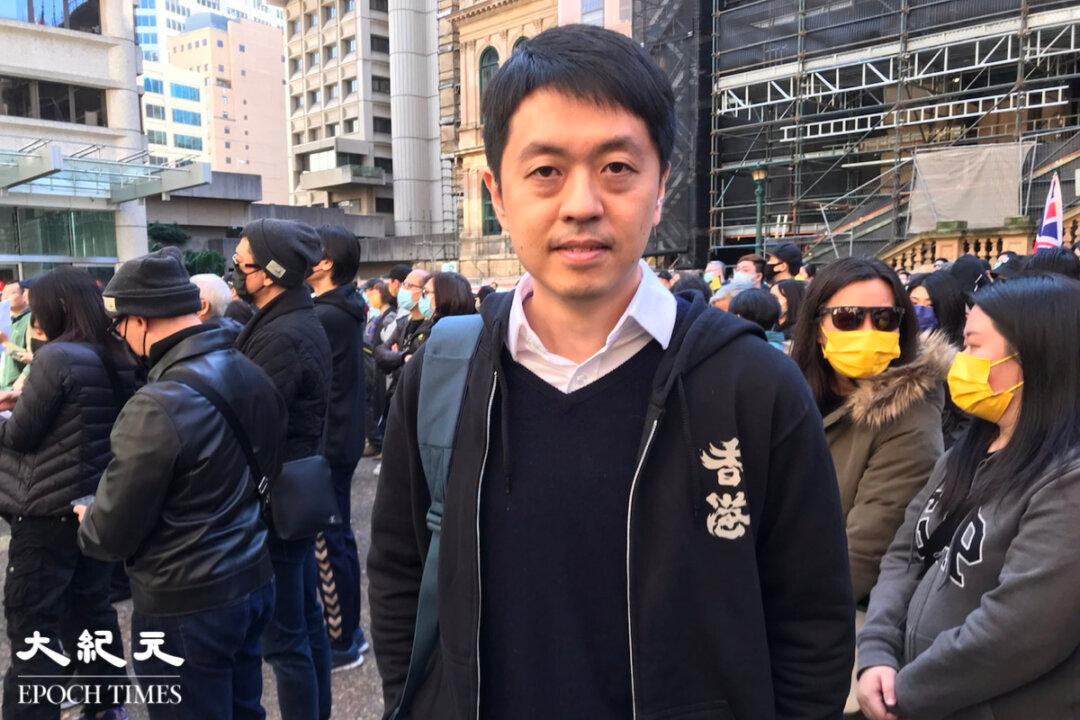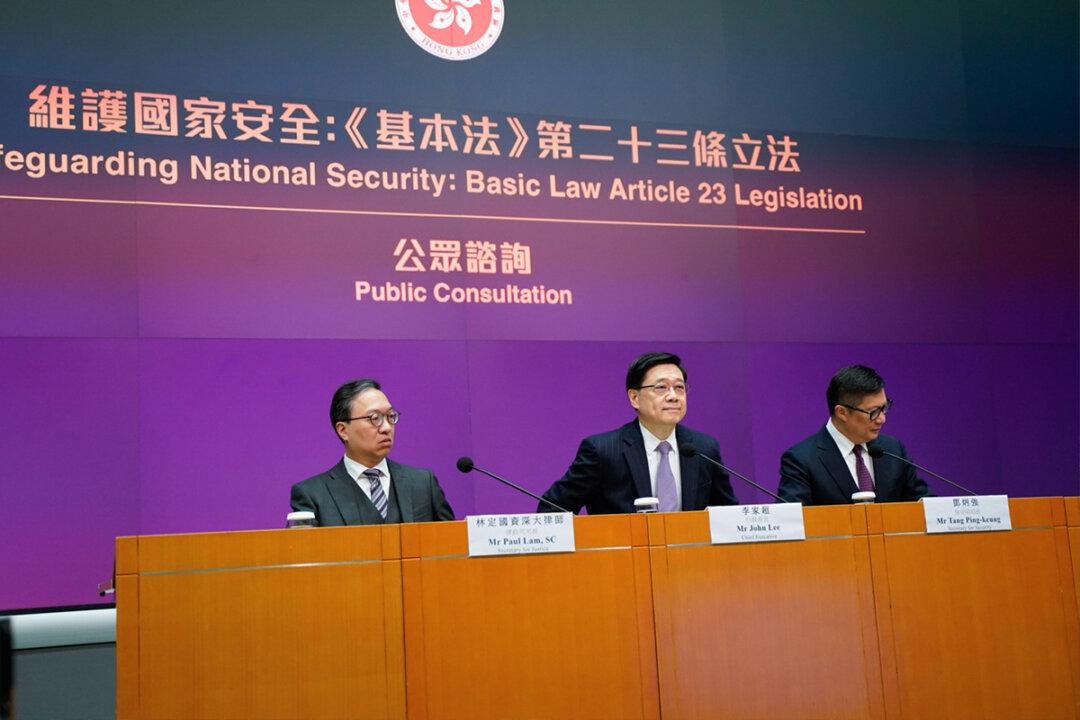For decades, Canada has been one of the top three worldwide destinations for people emigrating from Hong Kong. It’s also a country that has been persistently infiltrated on all levels and from all sides by the Chinese Communist Party (CCP).
Due to vested interests, Canada’s ruling party, the Liberal Party of Canada, has been slow to respond and has so far been unwilling to pass the Foreign Agents Registration Act. However, with all opposition parties determined to unite to support its passage, there’s an optimistic view about the legislation getting through Parliament in 2024.




